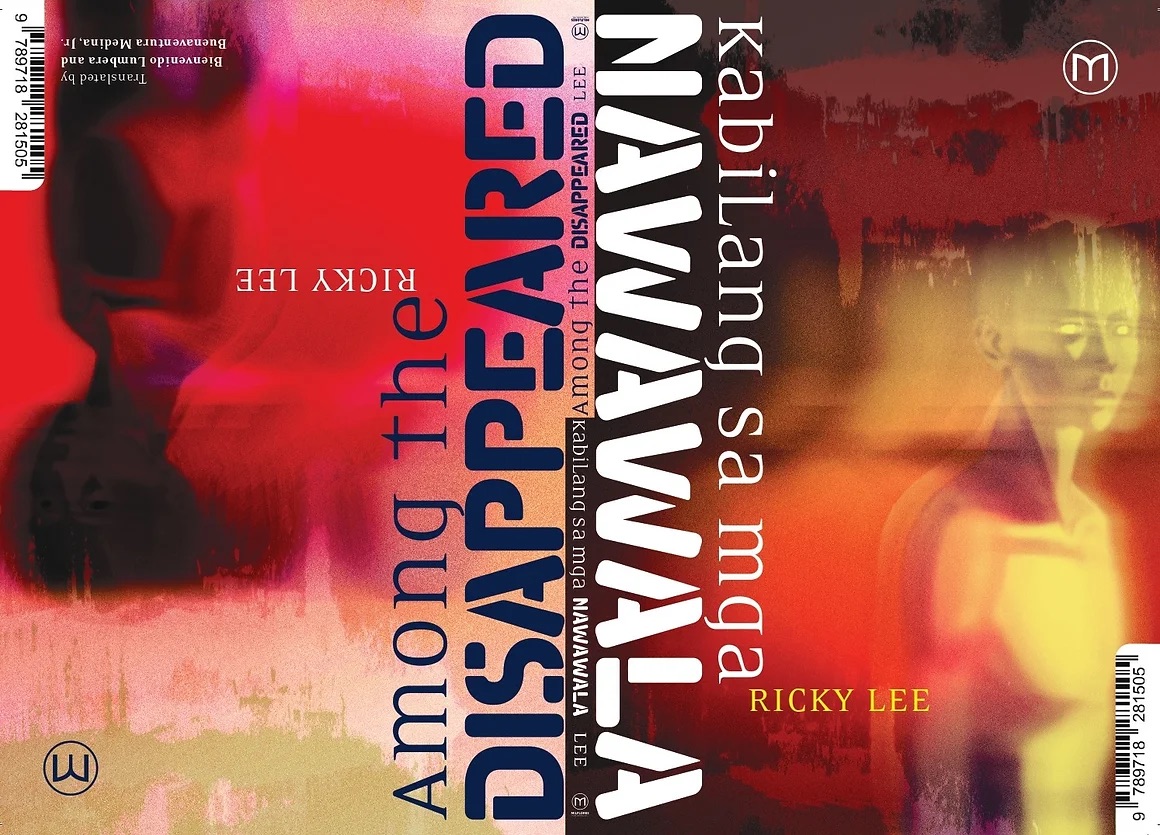Voting 12-3 on Tuesday, Dec. 7, the Supreme Court declared the caveat under Section 4 of Republic Act 11479 or the Anti-Terror law unconstitutional.
This section contains the definition of terrorism; toward the end of the section is a qualifier of what terrorism is not. This includes the phrase that the acts of protest and dissent “which are not intended to cause death or serious physical harm to a person, to endanger a person’s life, or to create a serious risk to public safety” are not terrorism. The qualifier has been voided.
The Supreme Court called it “overbroad and violative of freedom of expression.” Under this proviso, protest or dissent can be considered a crime if it is “intended to cause death or serious physical harm to a person, to endanger a person’s life, or to create a serious risk to public safety.”
Likewise, the second method for designation under Section 25 on designation of terrorist individual, groups of persons, organizations or associations was declared unconstitutional by a vote of 9-6.
“On the basis of the current petitions, all the other challenged provisions of R.A 11478 are not unconstitutional,” a summary provided by the Supreme Court Public Information Office read.
Section 4 has been one of the most contentious parts of the controversial law signed by President Rodrigo Duterte in July 2020. Petitioners originally wanted to strike down the entirety of this section for being vague and prone to abuse. A total of 37 petitions have been filed against this bill. The Supreme Court wrapped up its oral arguments on the bill back in May.














































